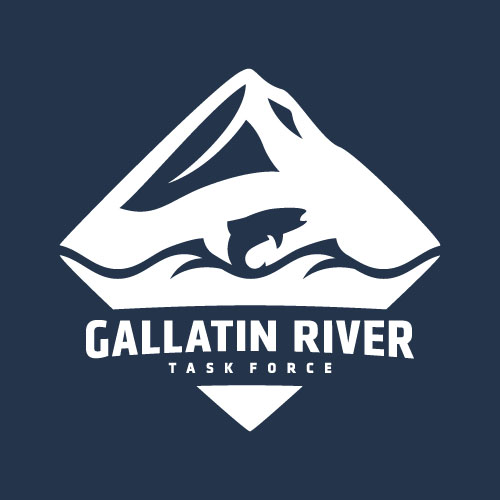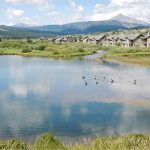Karen Filipovich, Professional Facilitator
In the second of three meetings focused on information sharing, Big Sky Sustainable Water Solutions Forum (BSSWS) stakeholders shared information about water supply and availability in the Big Sky area. Overall, water supply and storage are limited. This means that managing existing water supply is important for the future health of the Big Sky community, downstream users, fisheries, and the ecosystem.
Kerri Strasheim, regional water rights manager with the Department of Natural Resources and Conservation, gave an overview of water rights. Montana is a “first in time, first in right” state, so senior rights holders are guaranteed water supply ahead of junior users. Legally available surface water is fully allocated in the Gallatin and Madison watersheds. Most senior rights in these watersheds are downstream from Big Sky and include agricultural, tribal, and hydroelectric power generation users. There are some opportunities to extract ground water, conserve existing water, and reallocate water, but solutions to share water effectively may be complex.
Pat Byorth, director of the Trout Unlimited Montana Water Project, showed how fish are limited by winter base flow levels and how spring, summer, and fall changes can affect fish. Because of this continued need, in-stream flow rights are a critical part of ensuring a healthy fishery. Pat also pointed out that mitigation (reallocation of water to offset adverse effects) takes many forms, including mitigation under Montana state law, wetland mitigation under the Army Corps of Engineers 404 permitting process, and more informal methods to manage water flow and absorption. He identified local opportunities to restore degraded wetlands that were altered during past logging that would also have benefits for slowing and holding water run-off.
Mike Richter and James Rose of Montana Bureau of Mines and Geology (MBMG) discussed ground water resources and modeling tools. Big Sky residents and visitors rely on wells for water. The aquifers and underlying geology are complex, and water quality varies greatly from excellent to poor. Currently, the MBMG is developing a ground water model for the meadow area that will enhance Big Sky Water & Sewer District (BSWSD) and community ability to manage ground water in that area. However, as Peter Manka of Alpine Water pointed out, many landowners receive their water from individual wells, and it is their responsibility to test the water and choose any needed treatment options that both address water quality issues and do not cause further water quality and water supply challenges.
Ann Schwend, Department of Natural Resources and Conservation state water planner, presented information on drought variability and planning. She said that drought occurs anytime that water scarcity is present, so it is not simply a lack of rain and snow, but can happen whenever development and water use patterns outstrip available supply. She is currently working with Gallatin River Task Force and other groups around the state to help communities build drought resiliency into their water resource plans.
BSSWS stakeholders will meet on November 3 to share information on wastewater treatment and disposal. On December 6, from 4:00 to 5:30 PM, the public is invited to a community town hall meeting at Buck’s T-4 to hear information about water resources in the Big Sky and to share their ideas and suggestions. For more information on BSSWS and further resources, visit the project page.
Photos by Rich Addicks and Jeff Dunn


